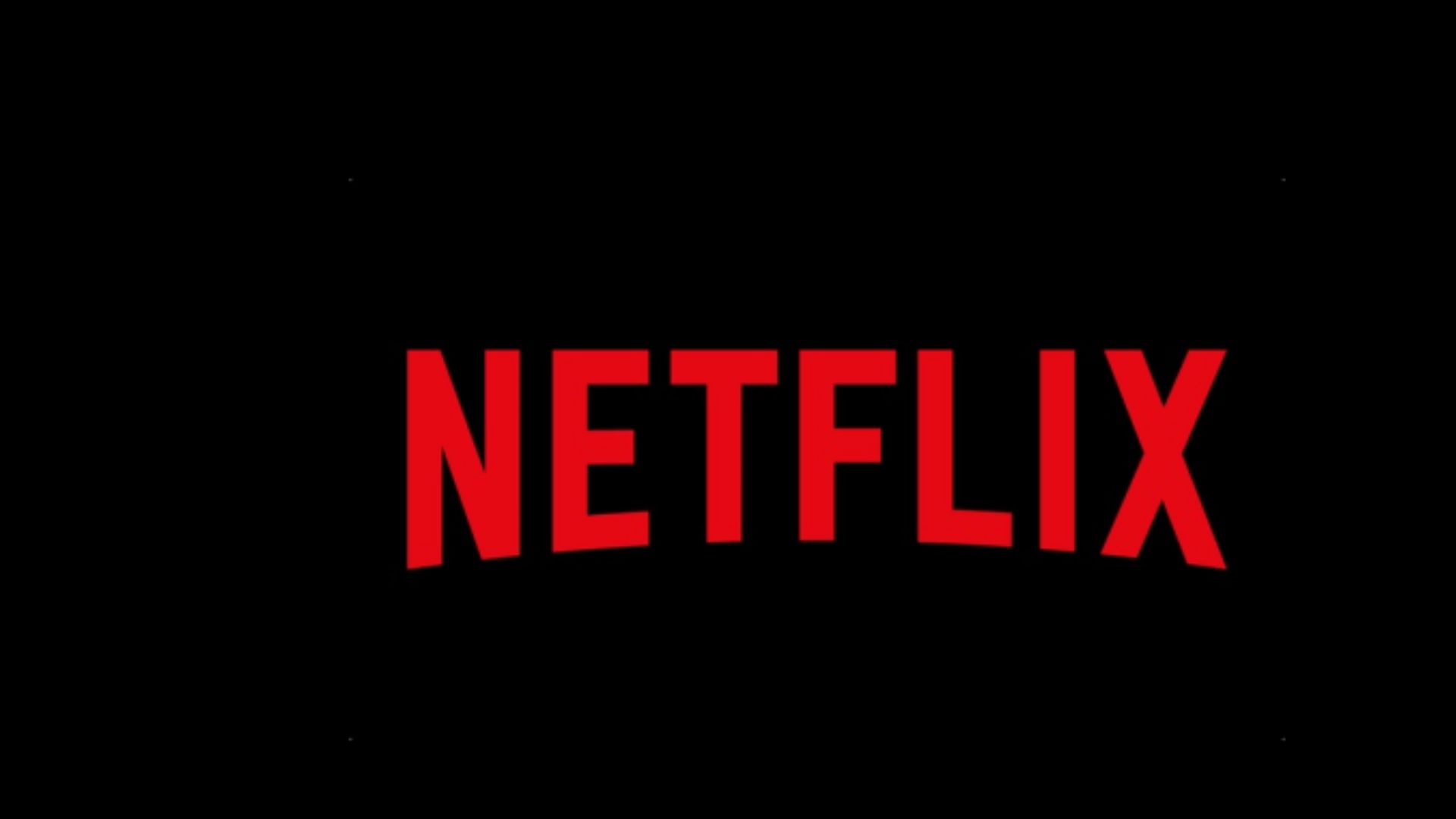The Best and Worst Adaptations of Stephen King's Novels

Stephen King is one of the most prolific and popular authors of all time, with more than 60 novels and 200 short stories to his name. Many of his works have been adapted for the big and small screen, with varying degrees of success and fidelity. Some of these adaptations have become classics of the horror genre, while others have been widely panned by critics and fans alike. Here are some of the best and worst adaptations of Stephen King's novels, based on their critical reception, box office performance, and faithfulness to the source material.

The Best Adaptations: Top Picks
The Shawshank Redemption (1994)
Based on the novella "Rita Hayworth and Shawshank Redemption", this film is widely regarded as one of the best movies ever made, and the highest-rated film on IMDb. It tells the story of Andy Dufresne, a banker who is wrongly convicted of murder and sent to the Shawshank prison, where he befriends a fellow inmate named Red and finds hope and redemption through his acts of kindness and courage. The film was nominated for seven Academy Awards, including Best Picture, and has become a cultural phenomenon and a source of inspiration for many people.
The Shining (1980)
Based on the novel of the same name, this film is considered one of the greatest horror movies of all time, and a masterpiece of director Stanley Kubrick. It stars Jack Nicholson as Jack Torrance, a writer who takes a job as the caretaker of the isolated Overlook Hotel, where he slowly descends into madness and terrorizes his wife and son. The film features iconic scenes and images, such as the blood-filled elevator, the twins in the hallway, and the axe through the door. The film was initially met with mixed reviews, but has since gained critical acclaim and a cult following.
Misery (1990)
Based on the novel of the same name, this film is a tense and thrilling adaptation of King's story of a fanatical and psychotic fan who kidnaps and tortures her favorite author after he kills off her beloved character. Kathy Bates won an Academy Award for her chilling and unforgettable performance as Annie Wilkes, the "number one fan" of Paul Sheldon, played by James Caan. The film was directed by Rob Reiner, who also directed another successful King adaptation, Stand by Me (1986).
The Green Mile (1999)
Based on the novel of the same name, this film is a moving and magical adaptation of King's story of a death row inmate who possesses a miraculous healing power. Tom Hanks stars as Paul Edgecomb, the prison guard who befriends John Coffey, played by Michael Clarke Duncan, who was nominated for an Academy Award for his role. The film was also nominated for three other Academy Awards, including Best Picture, and was a box office hit.
Carrie (1976)
Based on the novel of the same name, this film is the first and arguably the best adaptation of King's work. It tells the story of Carrie White, a shy and bullied teenager who discovers that she has telekinetic powers and uses them to exact revenge on her tormentors. Sissy Spacek was nominated for an Academy Award for her portrayal of Carrie, and Piper Laurie was nominated for her role as Carrie's abusive and religious mother. The film was directed by Brian De Palma, and features a memorable and shocking ending.

The Worst Adaptations: Films in Distress
The Lawnmower Man (1992)
Based very loosely on the short story of the same name, this film is a sci-fi horror mess that has little to do with King's original story. It stars Pierce Brosnan as a scientist who experiments with virtual reality and intelligence enhancement on a simple-minded gardener, played by Jeff Fahey, who becomes a murderous and powerful cybernetic entity. The film was criticized for its poor acting, writing, and special effects, and King sued the producers for using his name without his permission.
The Dark Tower (2017)
Based on the epic series of novels of the same name, this film is a disappointing and dull adaptation of King's magnum opus. It stars Idris Elba as Roland Deschain, the last gunslinger, and Matthew McConaughey as Walter O'Dim, the man in black, who are locked in a battle for the fate of the Dark Tower, the nexus of all realities. The film was panned by critics and fans for its lack of coherence, depth, and fidelity to the source material, and was a box office flop.
Dreamcatcher (2003)
Based on the novel of the same name, this film is a bizarre and nonsensical adaptation of King's story of four friends who encounter an alien invasion in the woods. The film features a cast of notable actors, such as Morgan Freeman, Damian Lewis, and Timothy Olyphant, but wastes their talents on a convoluted and ridiculous plot that involves telepathy, memory palaces, and parasitic worms. The film was directed by Lawrence Kasdan, who co-wrote the screenplay with William Goldman, but failed to capture the essence and spirit of King's novel.
The Mangler (1995)
Based on the short story of the same name, this film is a laughable and ludicrous adaptation of King's story of a possessed laundry machine that kills people. The film stars Robert Englund as the owner of the machine, and Ted Levine as the detective who investigates the deaths. The film was directed by Tobe Hooper, who also directed the classic horror film The Texas Chainsaw Massacre (1974), but failed to deliver any scars or suspense with this absurd premise.
Cell (2016)
Based on the novel of the same name, this film is a dull and uninspired adaptation of King's story of a mysterious signal that turns cell phone users into violent zombies. The film stars John Cusack and Samuel L. Jackson as two survivors who try to find Cusack's son and escape the chaos. The film was poorly received by critics and audiences, and was criticized for its low budget, poor quality, and lack of originality.



